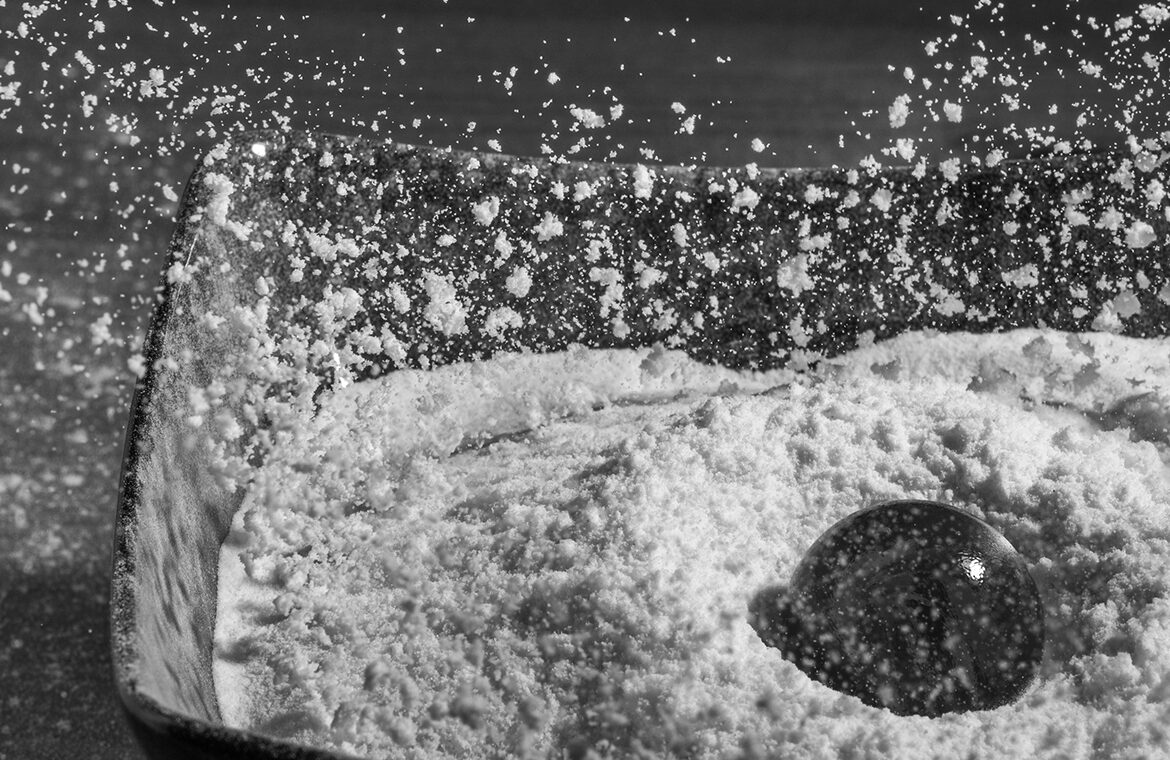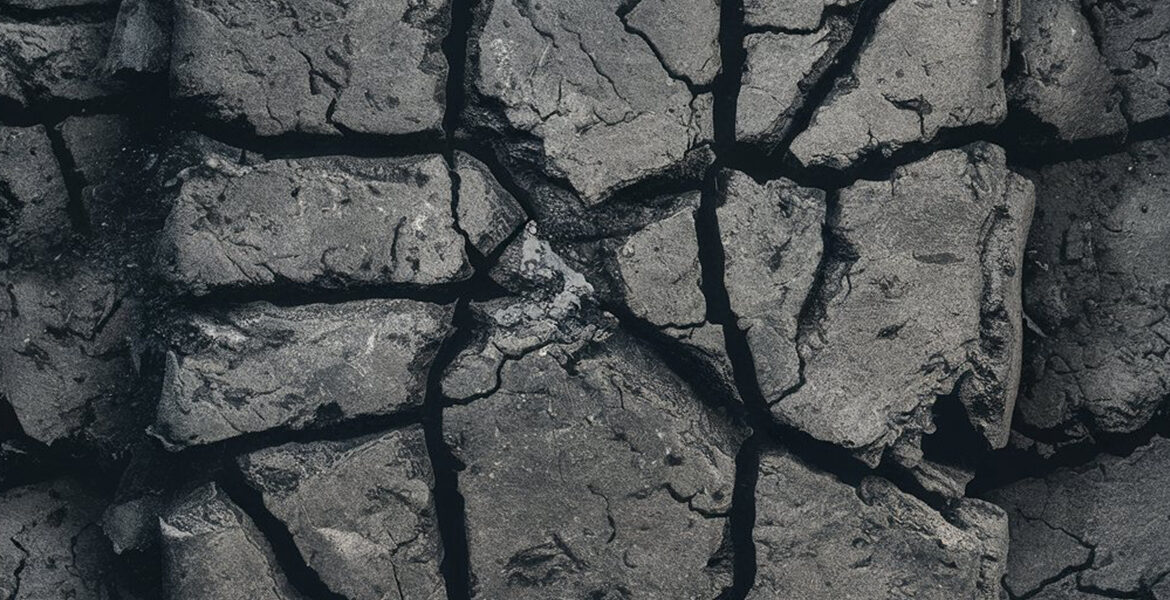As you ignite your coconut charcoal, you might catch a whiff of something subtle lingering in the air. Enter tapioca starch, a natural binder often added to coconut charcoal during production. While innocuous, its combustion can introduce a delicate aroma, adding an extra layer of sensory delight to your hookah ritual.
Navigating Chemical Complexity
However, not all fragrances are created equal. Some coconut charcoal brands incorporate chemical additives to enhance burning efficiency or reduce smoke output. While pragmatic, these additives can emit odors of their own, prompting concerns about potential health implications.
The case is especially true for self/quick lighting coconut charcoal, where accelerants are used to fasten the heating process.
The Role of Brand Integrity
This is where brand integrity comes into play. Trustworthy brands like ours, Bomba Coal, prioritize purity and performance, delivering coconut charcoal free from unwanted scents. By selecting a reputable brand, you can elevate your hookah experience without compromising on quality or safety.
Ensuring Safety and Sensory Satisfaction
Is the coconut charcoal hookah smell cause for concern? It depends on its origin. If derived from tapioca starch, it’s generally benign. However, if chemical additives are involved, prudence dictates a cautious approach.
To safeguard your hookah journey
- Opt for premium brands like Bomba Coal, renowned for their commitment to excellence.
- Avoid charcoal brands that employ chemical additives, opting instead for those embracing natural ingredients.
- Create a well-ventilated smoking environment to mitigate inhalation risks.
- Take regular breaks during sessions to promote respiratory wellness.
- Should any adverse effects arise post-smoking, cease usage and seek medical advice promptly.
Mitigating Odorous Intrusion
Looking to minimize the scent of coconut charcoal during your hookah sessions? Consider these practical strategies:
- Preheat your coals before use to eliminate residual odors.
- Utilize a charcoal screen or foil to prevent direct contact between coals and tobacco, reducing smoke production.
- Ensure ample ventilation to disperse any lingering scents effectively.
- Incorporate intermittent breaks to allow for air circulation and odor dissipation.
In Conclusion
Coconut charcoal hookah smell need not be a cause for alarm when approached with discernment and diligence. By selecting reputable brands and adopting prudent smoking practices, you can indulge in the sensory splendor of hookah culture while prioritizing safety and satisfaction. Let the aromatic journey continue, unabated and unadulterated!
Credit
Featured Image by Leonardo Baldissara on Unsplash



